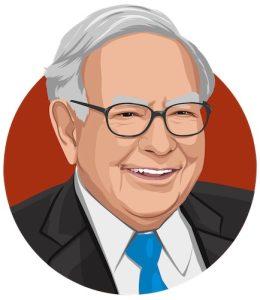
Michael Mauboussin: How to Handle Intangibles in Modern Value Investing
Michael Mauboussin, Head of Consilient Research at Morgan Stanley, delivered a compelling keynote presentation at the Ben Graham Centre for Value Investing’s 2025 conference, addressing how the rise of intangible assets has fundamentally altered the landscape of value investing.
Drawing from nearly a century of investment wisdom while adapting to modern realities, Mauboussin argues that traditional accounting methods have become increasingly inadequate for evaluating companies in today’s intangible-heavy economy. His presentation reveals that intangible investments now represent 1.7 times tangible investments in the U.S. economy, a complete reversal from 1977 when tangible investments dominated by a factor of 1.4.




